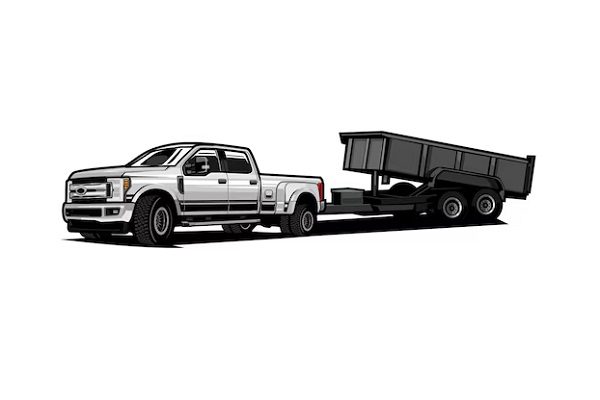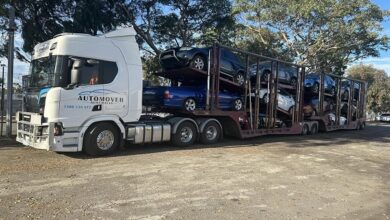
Environmental Benefits of Hiring a Trailer in the Community
Nowadays, environmental sustainability is paramount, and renting a trailer rather than buying one can help you reduce your carbon footprint. The following are the ways in which this can be achieved:
Decreased Vehicle Emissions:
Instead of using a personal vehicle to make multiple trips back and forth hauling goods, renting a trailer allows you to fit more if not everything into one trip. This reduces emissions from several cars trips going back and fourth.
Efficient Use of Resources:
Trailers contain more space than individual cars, which means more goods can be transported on fewer trips. This efficiency further reduces extra trips and lowers fuel consumption overall.
Support for Local Businesses:
When you hire locally, you support your local community whether it is a small local business or community service. It means less dependence on larger retailers that come with higher emissions from long and stressed supply chains to their extensive distribution networks.
Smart Logistics:
Trailers are used to transport all types of goods such as furniture, building materials, camping gear, cars, etc. Renting a trailer designed specifically for your needs prevents overloading personal vehicles and ensures proper and efficient transportation.
Promotion of the Sharing Economy:
Using a service such Hire My Trailer adopts the concept of a Share Economy, where unutilized assets are put to use. It promotes sharing instead of owning and storing of items that are occasionally used.
Waste Reduction & Lower Carbon Emissions: Better Communities
Waste reduction and lower carbon emissions are catchwords in a world increasingly dominated by environmental footprints. From positive impacts on our own environment and pollution reduction to global environmental recovery, these initiatives have the potential for remarkable things. So, now, move into how these disciplines can alter our lives.
The Road to Sustainability is Overlaid in Waste Reduction
These zero-waste practices are key to a sustainable future! While promoting the use of materials and products, we reduce the amount of waste that goes to landfills or incinerators. Not only does this save precious resources, but it also minimizes energy and emissions associated with producing existing products.
Promotes material and product reusability:
Practices like recycling, upcycling and longevity lead to less use of virgin resources, which in turn diminishes the need for virgin materials.
Reduces the need for new resources frugally does not just mean that we use the latest raw materials less – thereby saving them for future generations.
Encourages a Circular Economy:
Any programs designed to recycle or upcycle ensure materials stay in circulation as long as possible rather than being discarded at the end of use, thereby reducing waste and optimizing resource utilization.
Reducing Emissions:
- A Healthier and Cleaner Community With Every Mile
Carbon-targeting interventions, in other words, promote climate change mitigation and well-being. And an effective way to do that is by decreasing the number of vehicles on the road and making transport systems more efficient.
Decreases the number of single, one-person vehicles on the road: Initiatives like carpooling, public transportation or active commuting (bicycling/walking) lessen traffic along with reducing greenhouse gas-emitting vehicles.
Reduces pollution associated with transport:
Using cleaner fuels, making vehicles more efficient and ensuring that our infrastructure is sustainable will reduce emissions of air pollutants which are harmful to human health and significantly contribute to climate change.
Improves overall air quality: Reducing carbon means less climate change and improved local air quality, which provides healthier environments for our communities.
- Towards a More Resource-Efficient and Less Carbon-Intensive World
What makes these efforts transform at scale is their interconnected nature. Additionally, waste reduction practices often reduce energy consumption and emissions, while initiatives targeting lower carbon emissions often include materials and resource efficiency. Combined, they represent a potent sustainability playbook with the following benefits:
- Natural resources are preserved for future generations. Resources are well allocated, and waste is reduced to a minimum.
- Mitigation of climate change = more sustainable AND climate-resilient future
- Community well-being: keels benefits like cleaner air, lower waste, and energy use translate to healthier, more livable communities.
In conclusion, trailer hire from local providers like Hire My Trailer offers practical benefits such as cost savings and convenience. It also plays a vital role in reducing environmental impact. It aligns with sustainable practices by minimizing carbon emissions, optimizing resource use, and supporting the local community and economy. By making informed choices in transportation and logistics, individuals can contribute positively to environmental conservation and a cleaner, healthier planet.



